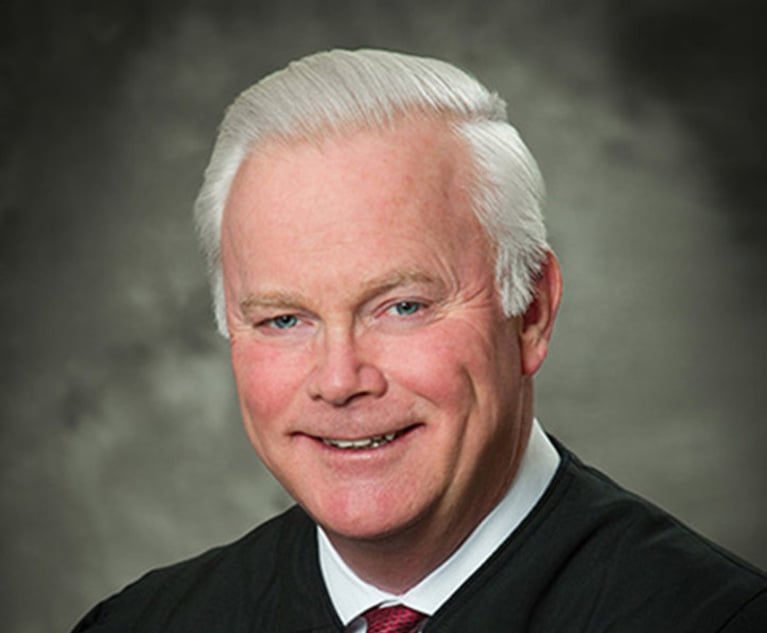As Justice Felix Frankfurter aptly observed, “Wisdom too often never comes, and so one ought not to reject it merely because it comes late.” See Henslee v. Planters National Bank & Trust, 335 U.S. 595, 600 (1949). With certain limited exceptions, however, issues raised for the first time on appeal will not be considered as grounds for a reversal or modification.
Because the Appellate Division has the power to review both “questions of law and questions of fact” (CPLR 5501[c]), as well as questions involving the exercise of judicial discretion, that court has inherent power to consider a point raised for the first time on appeal in “the interest of justice.” This rarely exercised discretionary interest of justice jurisdiction focuses on whether the belatedly challenged ruling constituted a “fundamental error” that prevented proper consideration of a core issue, and thus materially affected the outcome of the proceedings. See, e.g., Pivar v. Graduate School of Figurative Art, 290 A.D.2d 212, 213 (1st Dept., 2002). Absent fundamental error, the Appellate Division will not exercise its interest of justice jurisdiction, and the ruling in question—even if erroneous—becomes the law of the case.


 Thomas R. Newman and Steven J. Ahmuty Jr.
Thomas R. Newman and Steven J. Ahmuty Jr.




